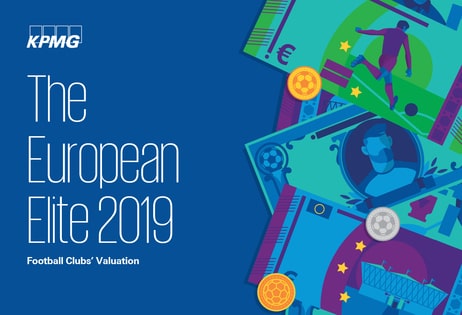Blatter, as he often recalls when gazing benignly down on his football "family", has been in senior positions at Fifa for almost 40 years, and the president for 13. In every halting performance the 75-year-old has given, throughout the year the 2018 and 2022 World Cups were designated for Russia and Qatar and Fifa has been enveloped in proven corruption, he has always seemed deeply uncomfortable and been thoroughly unconvincing.
From the famous address following his resounding victory as the one man on Fifa's presidential ballot papers, when he proposed a "committee of the solutions" featuring Plácido Domingo and Henry Kissinger, to the recent laying out of his "road map", Blatter has appeared to be reading a script he believes will fend off accusations, rather than zealously committing himself to cleaning up Fifa.
At his last appearance, following Fifa's executive committee meeting in October when he presented the neat flow chart of new committees as the solution to corruption, he repeatedly used Transparency International's good name and participation, as proof that it was genuine. With Blatter always sketchy on detail and seeming alien to this world of good governance he has managed and prospered so happily without for 40 years, it was a surprise when Sylvia Schenk, Transparency International's senior adviser for sport, gave her approval.
In Fifa's own headquarters, she said:
"This is a starting point. After today they can't go back. It will be a catastrophe if they go back. They have forced themselves to take the next steps."
Walter de Gregorio, the new head of communications recruited by Blatter to help present the clean-up, urged the media to suspend scepticism and give the proposals a chance. Now, six weeks later, at the unveiling of Professor Mark Pieth, appointed by undeclared procedure to chair the "committee of good governance," Transparency International has withdrawn.
The reason is vital, true to Transparency International's position throughout, and one from which Fifa cannot be allowed to wriggle. Pieth said this week that while he will chair the new committee to oversee the introduction of new, decent procedures into World Cup bidding and the distribution of Fifa's billions, he will not investigate the past. At that point, Transparency International shone a red light on the "road map", a principled insistence on the case it has made from the beginning.
In its report published in August, Transparency International's first recommendation was that there needs to be an investigation of what has happened to Fifa billions in the years before any road map or committee of solutions. Headed "First step: putting the past behind," Transparency International wrote:
"Fifa has to start with an independent investigation to clear up the corruption allegations from the past."
Unequivocal – and with no sign at all that it will happen, Schenk has pulled out. Perhaps the most surprising aspect of her short collaboration with Blatter's reforms is that she said she was "astonished" he had not commissioned this investigation. "They neglected our recommendations," Schenk said. "I can't understand it."
The press have been attacked for years, most recently by executive committee members as "pirates," and "liars" for arguing that Fifa's pork barrel processes are wide open to corruption, yet Blatter's appointed professor confirmed in his report that the World Cup bidding procedure is: "A mix of corruption risk and conflict of interest concerns."
England's 2018 World Cup bid team, it has to be remembered, refused to acknowledge that even as they spent £21m schmoozing Blatter's Fifa around the world. Their budget was swelled by £2.5m public money from hard-up local authorities, told they might have a chance of hosting matches, who are now closing libraries and swimming pools due to massive government cuts. Days before the World Cup decision was made, a year ago today, our FA bid team wrote to Fifa's executive committee expressing "solidarity with you, as members of the football family". They scorned Panorama's allegations of massive bribe-taking by three members of the executive committee, who would vote on the World Cup, as "an embarrassment to the BBC". Then the bid team complained when England emerged with a single vote other than their own Geoff Thompson, that the executive committee had not been straight with them – not even with our "three lions" of David Cameron, Prince William and David Beckham, who had fawned at Fifa's feet.
Pieth's own assessment leads inescapably to the conclusion that widespread corruption and trough-feeding may well have been happening on Blatter's watch, and so must be investigated if the organisation is to have a genuine foundation for decency in the future. As there is no sign of it, the credibility of Fifa's reforms is shot again, in the week the driver along the road map was presented. Without an investigation into what has happened while $4.2bn (£2.7bn) was sloshing around – tax-free in Switzerland – mostly from the 2010 World Cup, there can be no confidence in Fifa. Transparency International has learned, and understood quite quickly, that it should not hand over its reputation to dress the windows of Fifa House. {jcomments on}
 IN ENGLISH
IN ENGLISH 




































